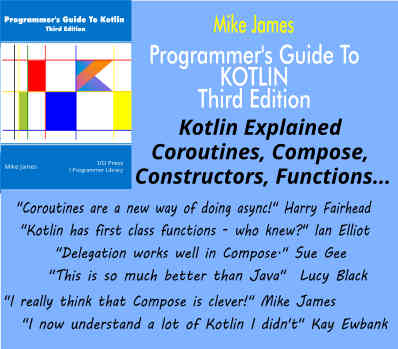| Search For Twin Prime Proof Slows |
| Written by Mike James | |||
| Tuesday, 29 April 2014 | |||
|
Back in early 2013 a breakthrough result established that there were infinitely many pairs of primes that are less than 70 million apart. Yes 70 million! The next step was a really 21st century response - a crowd sourced effort to push the 70 million gap all the way down to two. The twin prime conjecture is simple enough to state, especially if we assume that you know what a prime number is - there are an infinity of pairs of primes that are as close as they can possibly be. That is there an infinity of primes of the form p and p+2, for example 41 and 43 are primes.
You can either think that the twin prime conjecture is obvious or that it isn't. From a naive point of view there should be an infinite number of twin primes because there are an infinity of primes and primes don't exhibit much regular behaviour. On the other hand, an equally naive argument is that on average the gap between primes increases as the size of the primes goes up - more accurately the average gap between primes less than n is log(n). So as you look at bigger primes the gap gets bigger, and perhaps there is a point beyond which there are no more twin primes.
Back in April 2013 Yitang Zhang produced a proof that for some integer N with N less than 70 million there are infinitely many primes that differ by N. This isn't a proof of the twin primes conjecture, but it is a proof that smallest gap between the primes can't keep on increasing for ever - but 70 million is a huge upper bound! In May of 2013 Terence Tao proposed a Polymath project to reduce the size of the bound. Polymath is a sort of math wiki which was started in 2009 to see if collaborative math on a large scale was possible. Polymath 8b was formed to push the upper bound down all the way to two if possible. What might seem remarkable to an outsider is that the bound did come down very quickly. By the end of the first month it was down from 70,000,000 to 248,000. Another month saw it down to 12,000. What is even more remarkable is that currently it stands at 246. If you assume another conjecture, the Elliot_Halberstam conjecture then you can reduce it to 12; and a more general form of the conjecture reduces it to 6 - not far from the target of 2, which would prove the twin prime conjecture. Despite this positive result, the Polymath8b collaboration seem to be in a mood to call a halt. To quote Terence Tao: "Numerical progress on these bounds have slowed in recent months, although we have very recently lowered the unconditional bound on A paper is being prepared, under the pseudonym D.H.J. Polymath, to explain their progress, but it seems that to reduce the bound even more some new ideas are needed. Could it be that collaboration only goes so far and working with sofware and exploring the known territory for new devices is fine, but at some point a single new idea is needed. Of course, you could also point out that the bound might not be down to 246 without this collaboration. It all sounds like a fun way to do math.
More InformationPolymath8b, X: writing the paper, and chasing down loose ends Related ArticlesRiecoin Crypto Currency Mines Primes For Riemann A Mathematical Proof Too Long To Check - The Erdos Discrepancy Conjecture Six Degrees Of Separation Is New Finding Solutions To Diophantine Equations By Smell What's a Sample of Size One Worth?
To be informed about new articles on I Programmer, install the I Programmer Toolbar, subscribe to the RSS feed, follow us on, Twitter, Facebook, Google+ or Linkedin, or sign up for our weekly newsletter.
Comments
or email your comment to: comments@i-programmer.info
|
|||
| Last Updated ( Tuesday, 29 April 2014 ) |


